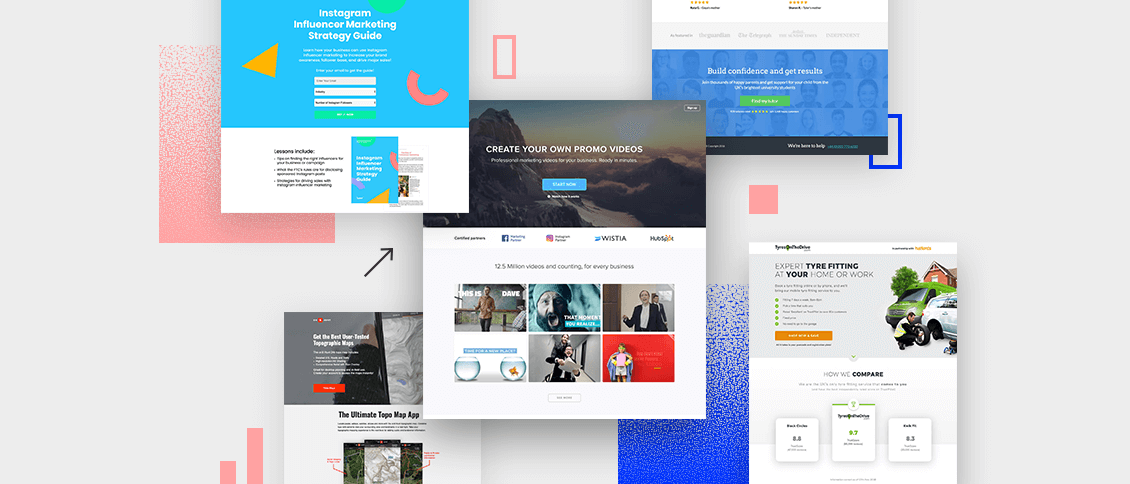The great thing about the Internet is that there are no gatekeepers. Anyone can create content and post it for the public to see. You can write blog posts, upload pictures, share videos, or stream podcasts. The barrier to entry is low in terms of cost. If you want to, you can try setting up a podcast studio in your own home. Many of the popular podcasts today started out this way or are still operated in this manner. You can get sponsorship support once you’ve built an audience and make the show sustainable. Below are some of the things you’ll need:
The Room
Find a room that is suitable for recording. It should be quiet so it would ideally be away from the streets. You can use soundproofing techniques to make it better. This could be your guest room, your bedroom, your garage, or any other enclosed space that is currently not in use by others. Consider adding sound enhancers around the walls to improve acoustic characteristics and prevent echo. If you plan to record video versions of the podcast, then it might be nice to decorate a wall for your background. Add personal touches to make the décor look natural. Take a look at the studios at https://www.realnewscn.com for inspiration!
The Furniture
Recording and editing can take a long time. You want to be comfortable to promote efficiency and fun. Get a large table or desk that can fit all of the equipment that you will need to use. If you have a co-host or if you plan to invite guests for face-to-face interviews, then a longer table is ideal. Get cushioned seats with a nice backrest. Make sure that the height of the work surface is just right for you. Refer to online resources for more information on furniture height, sizing, and ergonomics.
The Equipment
Now you’re ready to buy your podcast equipment. At the minimum, you should get yourself a good quality microphone for voice recording. Your audience deserves to hear you and your guests with clarity. Look for reviews and get the mic that beginner podcasters recommend. If you plan to hook it up directly to your computer, then get one with a USB cable. If you plan to hook several microphones into a mixer, then make sure that they are compatible. Basic tabletop mics are fine but you might want to get boom arms and other accessories.
As previously alluded to, mixers are good to use since they can accept multiple inputs while providing a high level of control. You can easily switch focus to the person speaking by raising their volume while muting others to avoid confusion. You can record multiple people in a panel while they are in a spirit discussion. You can even add effects on the fly and do other cool things. Not necessary but adds value to the show. You can get one once you start to earn revenues.
Lastly, get a PC with a beginner-friendly sound editing software. Basic cuts and adjustments should be easy enough to do. There are multiple tutorials online for reference.



